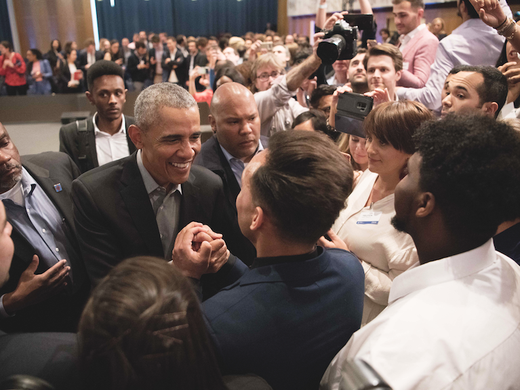Digital media tools have become essential to acting on and communicating about civic issues, and networked platforms have become the primary fora for political discussion and action.
While the networked nature of these communication technologies may be positive for civic engagement, their digital qualities are liable to be both more manipulative and less transparent than analogue media. Their choice architectures make some actions easier, more obvious and more automatic than others, which can lead to a violation of our right not to have our thoughts and opinions manipulated.
But as Kara Brisson-Boivin and Matthew Johnson argue, to say that these tools and technologies are opaque does not mean we cannot engage critically with them. Their lack of transparency makes it even more important to prepare youth (and people of all ages) to understand, interrogate and challenge them: even a very basic understanding of algorithms can make a significant difference in the impact they have in people’s lives. Digital media literacy — the ability to critically, effectively and responsibly access, use, understand and engage with media of all kinds — is an essential part of civic engagement.


